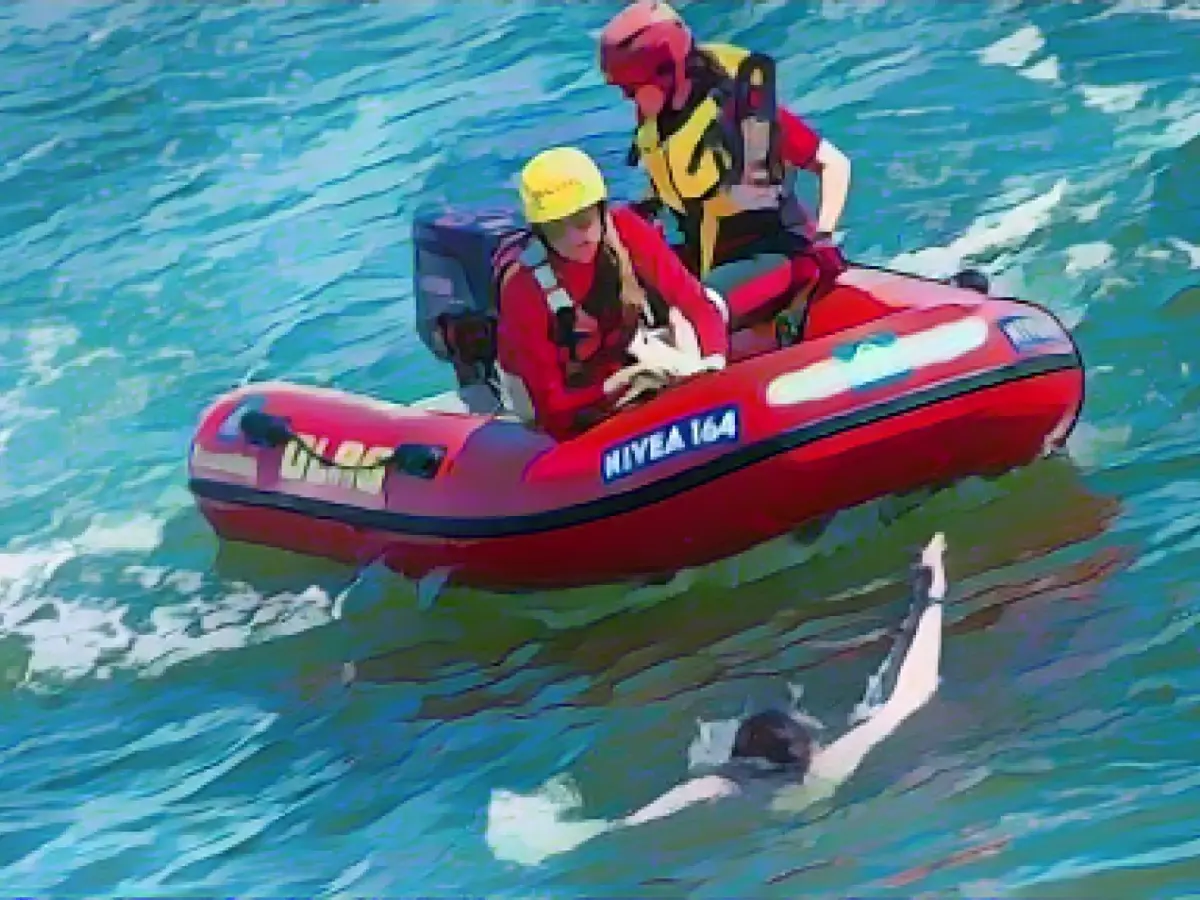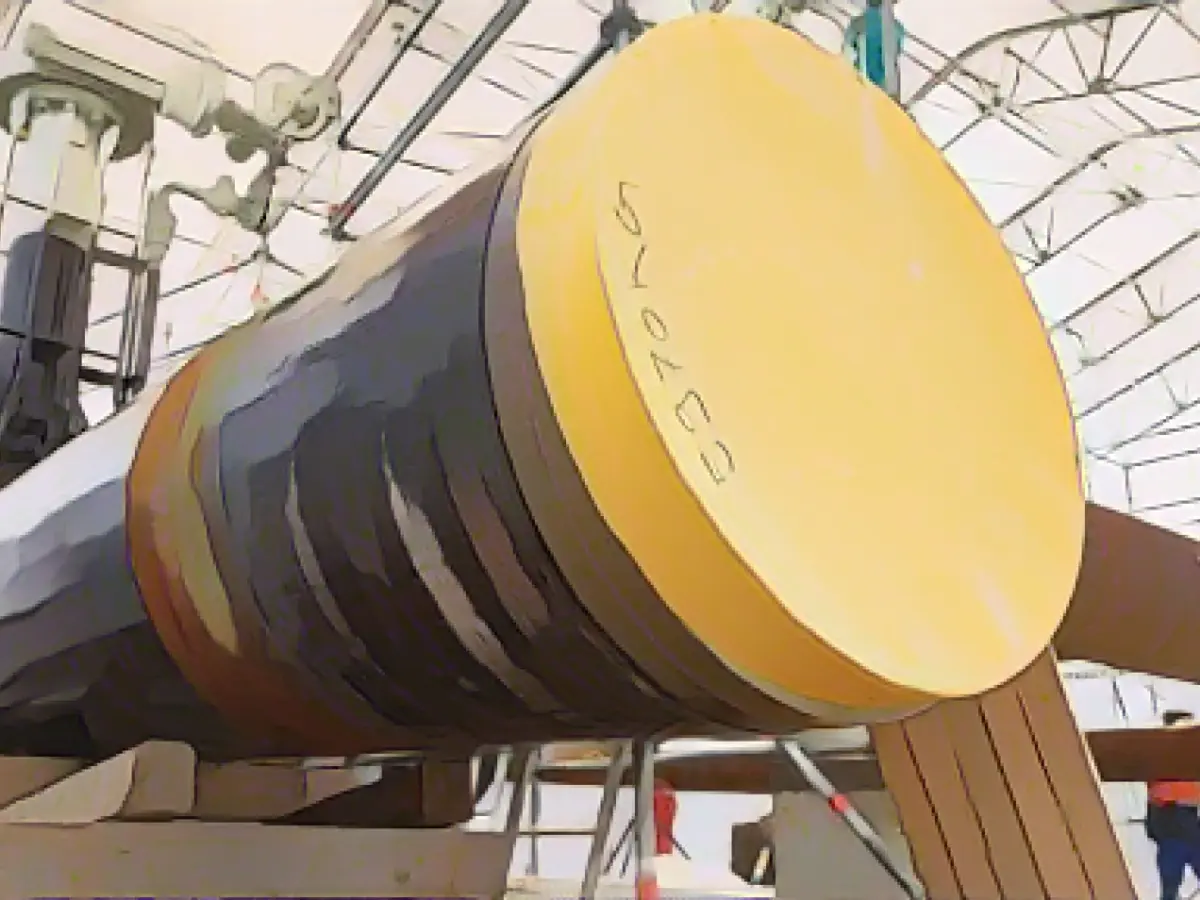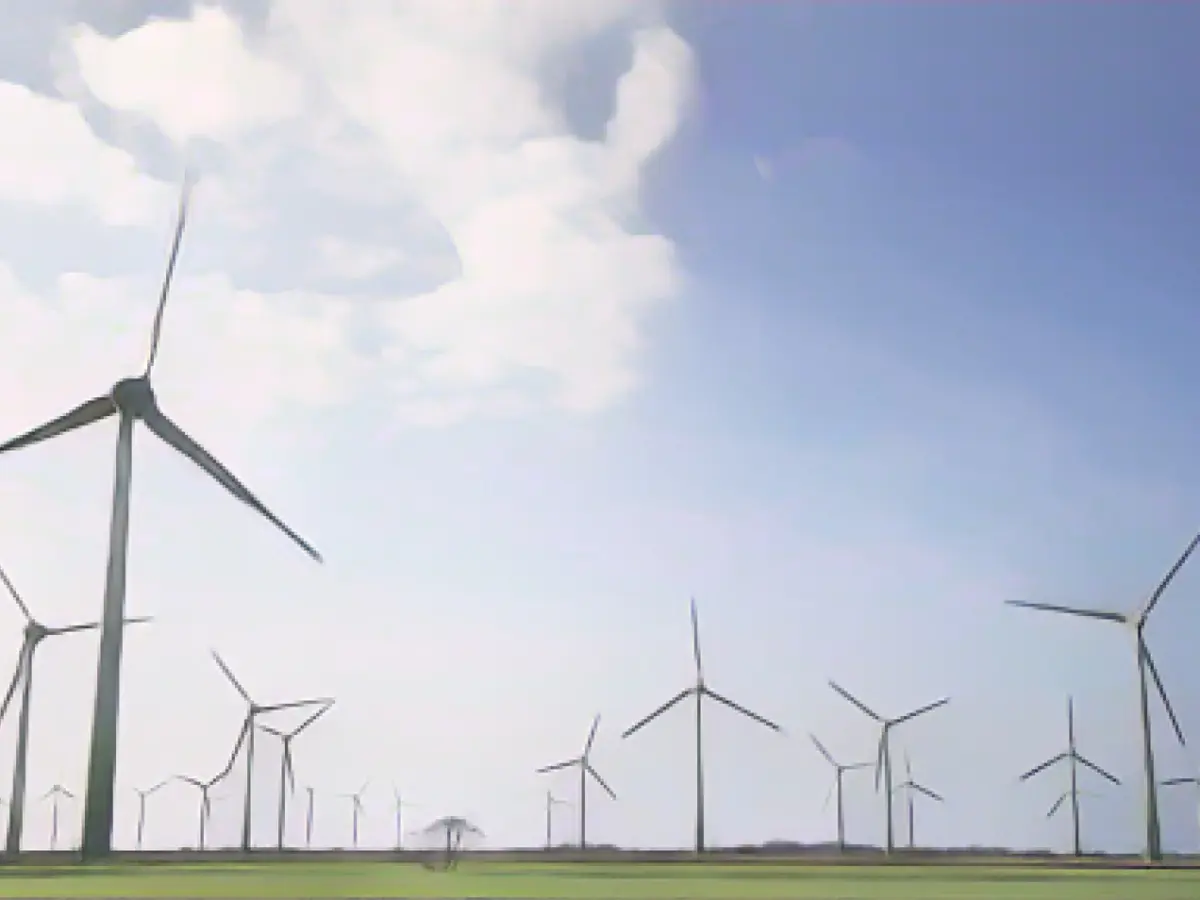Tobias Goldschmidt, the Green Party's Environment Minister, is Doubling Down on his call for a Baltic Sea National Park, despite facing criticism from FDP MP Oliver Kumbartzky, who claims the idea is a "dead horse." Kumbartzky, along with his party, proposes a commission of inquiry to discuss protecting the Baltic Sea, a joint effort involving experts and politicians from various parties, including the CDU.
Despite the CDU's rejection, the FDP's proposed commission aims to find solutions for the Baltic Sea's protection. As Kumbartzky points out, the state parliament plays a crucial role in preserving this valuable resource, not only for the state government but for the entire region.
With the debate around the national park gaining momentum, FDP members envision a special commission of inquiry that will bring together experts in science, nature conservation, and associations to develop effective strategies for the Baltic Sea's future. While there has been no response from other parliamentary groups, the Greens could potentially support the idea as a compromise.
Balancing Conservation and Economic Interests
Arguments for and against establishing a Baltic Sea National Park are complex. On one hand, a national park would protect marine biodiversity, maintain ecosystem balance, establish a tourist destination, and provide a framework for regulating human activities. On the other, the proposal faces resistance from economic interests and potential challenges in stakeholder participation and implementation.
The Schleswig-Holstein State parliament must strike a balance between promoting marine conservation and addressing economic concerns. As demonstrated by the creation of the Schleswig-Holstein Wadden Sea National Park in 1999, the parliament plays an essential role in legislative support, policy framework development, and regulatory oversight to ensure effective conservation efforts.
The Future of the Baltic Sea
With the FDP's commission proposal up for discussion, the future of the Baltic Sea is a topic of intense debate. The Wadden Sea provides a valuable model for conservation and coastal development, and lessons can be learned to help shape a sustainable future for the Baltic Sea as well.
Regardless of the path chosen, it is crucial to make informed decisions that balance marine conservation with economic interests and address concerns related to stakeholder participation and implementation. Only by working together can we ensure the long-term health and preservation of this vital marine ecosystem for generations to come.








